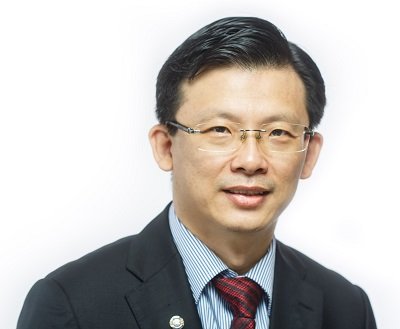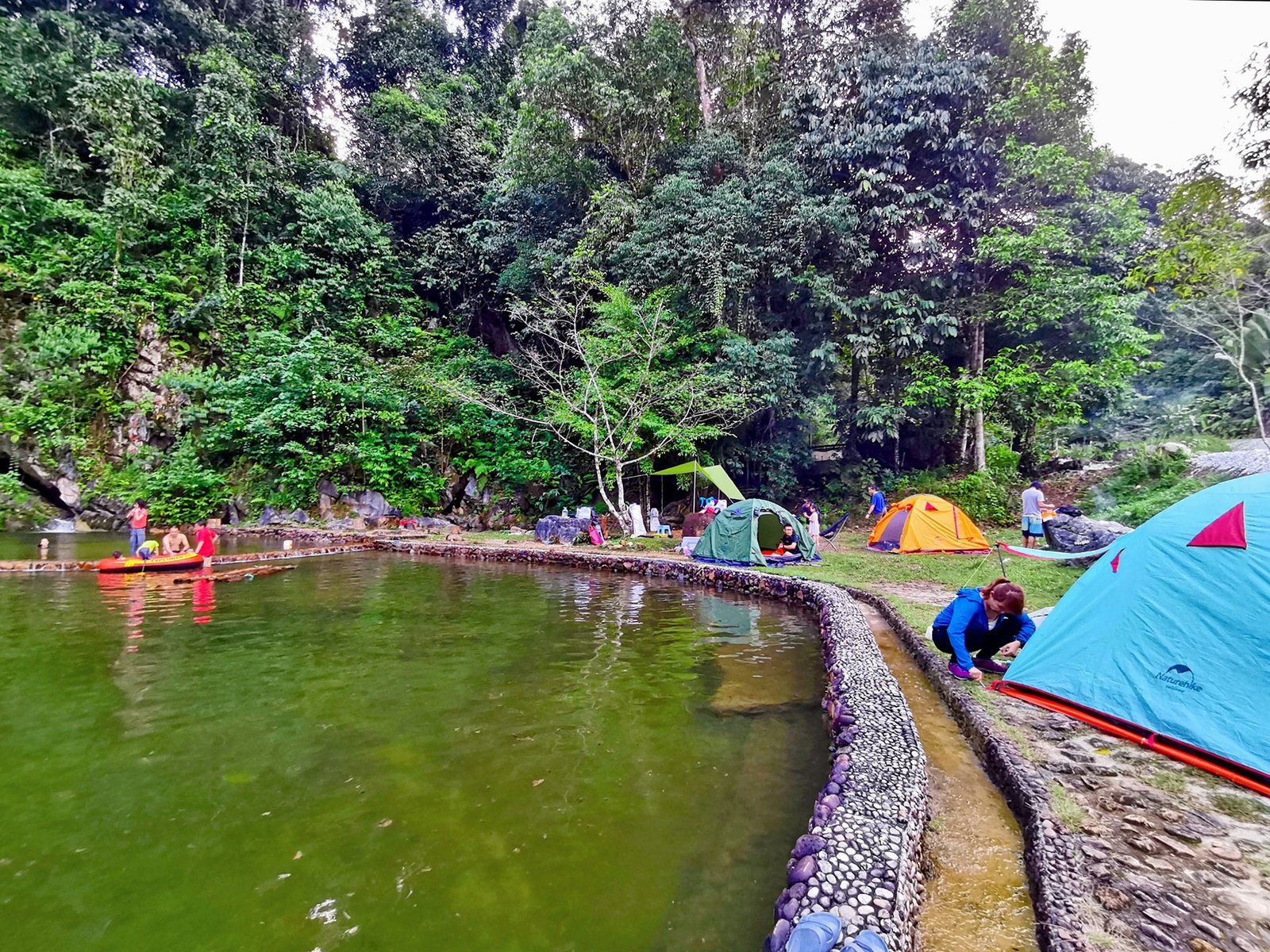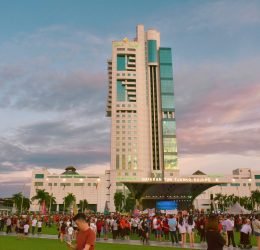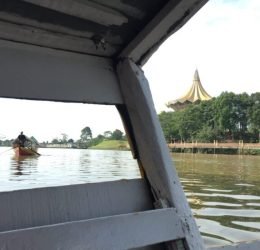In the heart of Borneo lies a land rich in culture, resources, and potential — Sarawak. Over the past decade, Sarawak has been quietly building its future, investing not just in buildings or technology, but in its people. One of the most impactful ways this is happening? Through Technical and Vocational Education and Training (TVET).
As Sarawak moves confidently toward its goals under the Post-COVID-19 Development Strategy (PCDS 2030), it’s clear that a skilled, resilient, and ready workforce is absolutely essential. For families living here, for overseas Sarawakians, and even for foreigners looking to invest — this is the moment to take TVET seriously. Sarawak’s future depends on it.
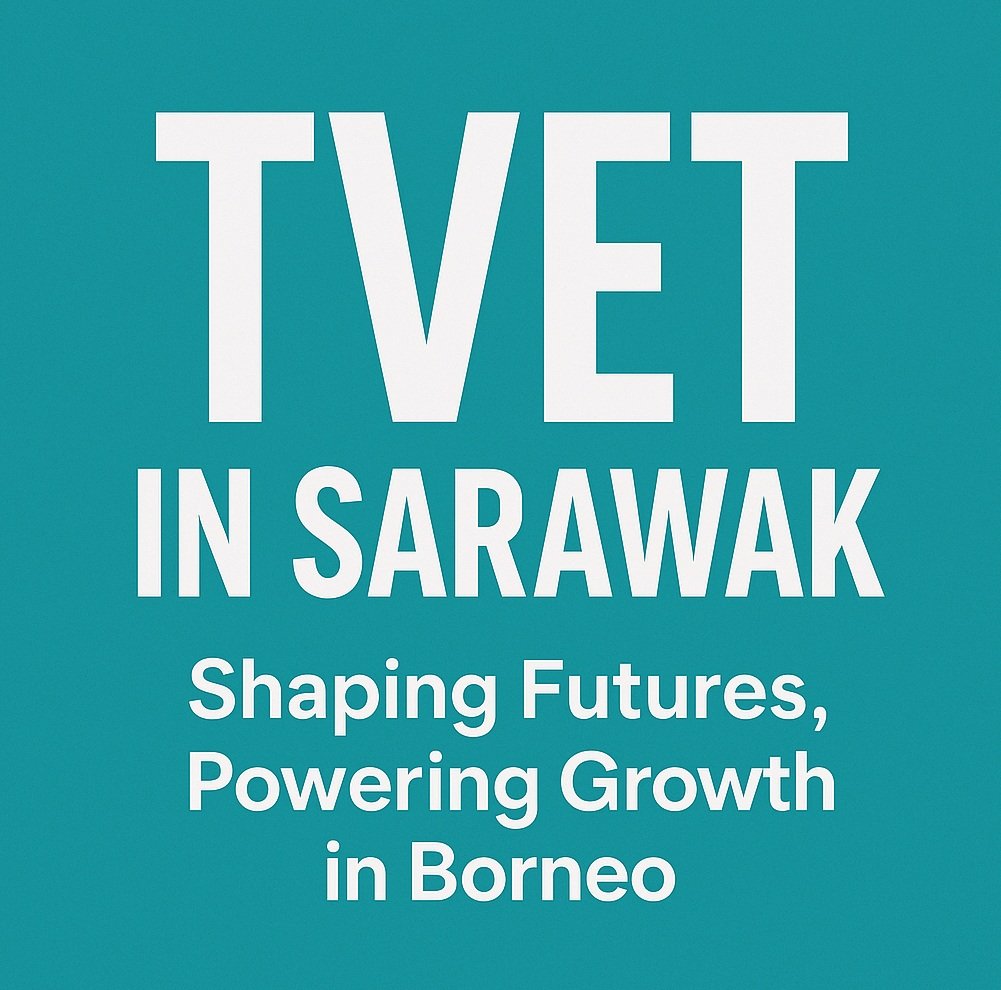
What is TVET, and Why Does It Matter to Sarawak?
TVET stands for Technical and Vocational Education and Training. It’s not your average textbook-heavy classroom experience. TVET is hands-on, skills-focused, and designed to prepare people for real-world jobs — whether in factories, digital labs, construction sites, or renewable energy parks.
Here in Sarawak Malaysia, TVET is more than just an alternative to academic education. It’s a game-changer.
TVET-trained students are now working in industries aligned with Sarawak’s economic development zones. Notably, the marketability rate for TVET graduates in Sarawak has reached an impressive 96% as of October 2024, according to the Deputy Minister of Education, Innovation and Talent Development.
This high employability is driven by demand across sectors supported by the Sarawak Corridor of Renewable Energy (SCORE) and PCDS 2030.
Why Sarawak Needs TVET Now More Than Ever
Under PCDS 2030, Sarawak is laser-focused on transforming itself into a thriving, innovation-driven state. It’s building up six major economic sectors:
- Manufacturing
- Commercial Agriculture
- Forestry
- Mining
- Tourism
- Social Services
These sectors, paired with key enablers like renewable energy, digital transformation, and education, are expected to generate tens of thousands of jobs across the state. Yet, Sarawak’s skilled labour ratio dropped from 23% in 2021 to 21% in 2022. This shortage highlights the urgent need for a stronger pipeline of technically skilled individuals.
Programs like the Sarawak Career and Training (ScaT) Fair aim to close this gap by raising awareness and connecting youth to real opportunities. In 2024, the fair was held in Kuching and Sibu, showcasing courses and career pathways for young Sarawakians.
Dear Parents: TVET is a Respectable and Rewarding Path
To all the hardworking mothers and fathers across Sarawak and Sabah, it’s time to rethink what success looks like for your children.
There’s a long-standing mindset that only white-collar jobs are worthy. But today, a skilled technician in Samalaju or an automation expert in Kuching can earn just as much — sometimes more — than a desk job.
Encouraging your child to pursue TVET doesn’t mean settling for less. It means equipping them with skills that are actually in demand, across industries like:
- Renewable energy
- Precision manufacturing
- Hydrogen transport (KUTS project)
- Agriculture tech
- Oil and gas
- Hospitality and tourism
TVET is about creating independent, employable, and empowered youth — something every parent wants for their child.
Overseas Sarawakians: Time to Give Back, Build Up
To our friends living in Australia, the UK, Singapore, the US — we see you. We know you carry Sarawak in your heart. Now, more than ever, Sarawak needs you.
Whether you left to study, work, or settle down — you can still contribute to the state’s growth by supporting TVET education.
How?
- Start a mentorship program for Sarawak TVET students
- Set up a scholarship fund for rural youth
- Collaborate with Sarawak institutions to offer training modules
- Bring your international experience back home via guest lectures or online classes
Imagine a TVET Innovation Hub in Sibu co-led by a Sarawakian engineer from Melbourne or a robotics course in Miri designed by someone who worked in Silicon Valley. That’s the future we want.
We’re not asking you to uproot your life. We’re inviting you to invest in the next generation of Sarawak talent.
Foreign Investors: The Talent Pool Is Rising
If you’re exploring Malaysia investment opportunities, particularly in Sarawak and Sabah, TVET is something you can’t afford to overlook.
Sarawak isn’t just opening its doors to capital — it’s preparing its people to be industry-ready partners. Thanks to TEGAS, RECODA, and private education providers, Sarawak now produces over 25,000 skilled and semi-skilled graduates annually.
From Bintulu to Samarahan, from Lawas to Samajaya — industrial zones are growing. Whether your business is in advanced electronics, bio-industrials, green hydrogen, or food tech, you’ll find eager, trainable, local talent ready to get to work.
And the incentives? They’re attractive:
- Tax exemptions
- Export-oriented free zones
- Rebate on land premium for industrial sites
- Competitive electricity and water rates
Sarawak Borneo is open for business. But even more importantly, it’s building a smart, skilled workforce to match.
The TEGAS Impact: A Blueprint for Success
Let’s talk about TEGAS (Tabung Ekonomi Gagasan Anak Sarawak). This isn’t just a government program — it’s a movement.
TEGAS has rolled out numerous TVET-centric initiatives:
- Digital Innovation Hubs
- Sarawak Career and Training (ScaT) Fair
- Jelajah Sekolah (school outreach)
- Seminar Wanita & Belia TEGAS
- TEVT with You – bringing skills directly to the community
Through these platforms, thousands of Sarawakians — especially youth from rural areas — have gained not just technical skills, but also exposure to entrepreneurship, innovation, and global trends.
UTS (University of Technology Sarawak), the only TVET university in the state, is another key player in equipping young Sarawakians for high-tech sectors such as aerospace, renewable energy, and digital innovation.
Addressing the Challenges – Together
Of course, we’re not pretending everything is perfect.
TVET in Sarawak still faces:
- Stigma and outdated public perception
- Lack of proper career counseling in schools
- Gaps in rural access and training infrastructure
- Limited pathways for career progression
But here’s the good news: These challenges are not being ignored.
The Sarawak government has ramped up TVET awareness campaigns, improved collaboration between institutions and industries, and aligned training to match the needs of the local job market — especially in SCORE industrial parks.
With initiatives such as Southeast Asia’s first hydrogen refueling plant launched in Kuching, and ongoing efforts to boost green energy and smart mobility, Sarawak is clearly integrating TVET into its strategic future.
TVET Success Stories That Hit Close to Home
Let’s highlight some real-life heroes:
🛠️ Amirul, from a longhouse near Kapit, trained as a welder through TEGAS. Today, he works on major infrastructure projects in Samalaju, sending money home and even helping to build a new community hall.
💡 Clarissa, a former dropout, found her way through a food tech TVET course. Now, she runs a cloud kitchen with three employees, serving up modern Iban-inspired dishes for local delivery.
💻 Daniel, a coding enthusiast from Bintulu, went through a digital entrepreneurship bootcamp. Today, he’s freelancing with clients from Singapore and South Korea, all while living comfortably at home.
These are the kinds of stories that should be celebrated — and multiplied.
A Call to Action: From All of Us, For All of Sarawak
📣 Parents – Have that honest chat with your teen. Don’t force university if it’s not their path. TVET can open doors you never imagined.
📣 Students – Don’t let outdated stigma stop you. The world is changing. Grab the skills that matter and run with them.
📣 Overseas Sarawakians – Support TVET. Be a mentor. Partner with colleges. Start a foundation. Give back, even if it’s virtual.
📣 Foreign investors – Explore Malaysia Invest platforms with an eye on Sarawak. The workforce here is getting ready — skilled, young, and eager.
📣 Policymakers and NGOs – Keep pushing for equitable access, career guidance, and public awareness. Let’s build a Sarawak that rises together.
Conclusion: TVET is Not Plan B — It’s Sarawak’s Plan A
In the grand story of Sarawak’s transformation, TVET is not a side note. It is the foundation. It is the catalyst. And it is the promise of a better tomorrow.
So, let’s drop the old labels. Let’s uplift the young. Let’s honor the skills that build, power, code, connect, and create. The Sarawak Borneo we dream of is within reach — but only if we build it together.
Whether you’re here on the ground, abroad with nostalgia in your heart, or looking in from afar with curiosity — remember this:
Sarawak’s future isn’t just about what we extract from the land — it’s about what we ignite in our people.
And TVET? That’s the spark.


